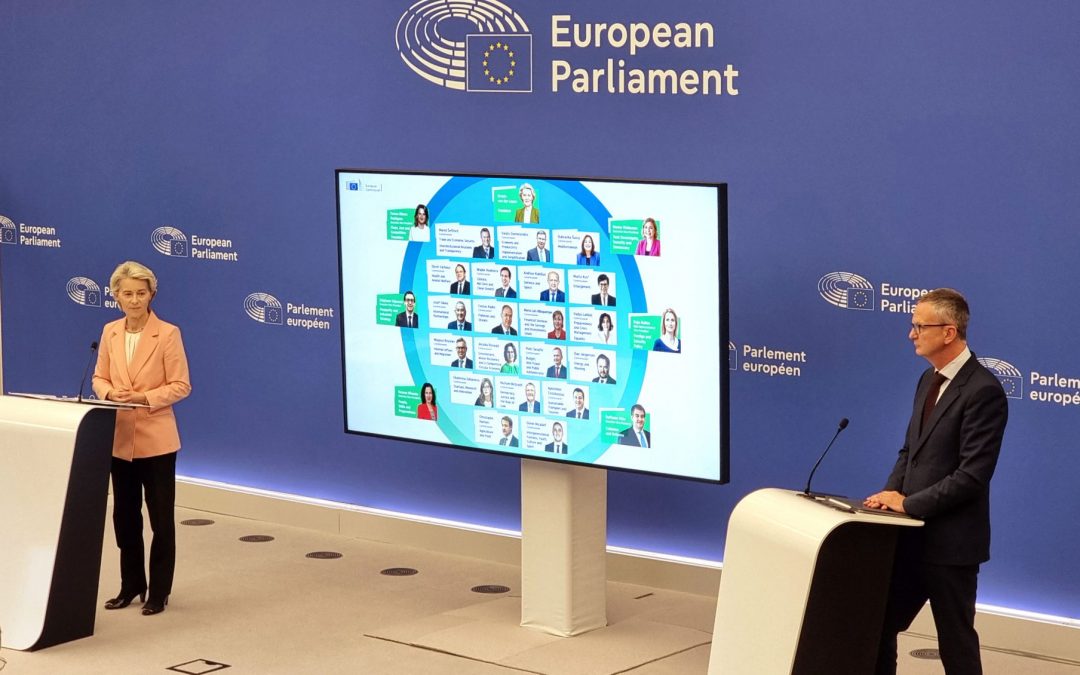Prague – The reactions of Czech politicians to the decision of the President of the European Commission Ursula von der Leyen to assign the country the position of European Commissioner for International Partnerships mirror the balance of power. Political scientists’ opinions are not unequivocal. According to them, some disappointment is felt, ambitions and chances were higher, but the agenda is not bad. The portfolio combines trade, development policy, geopolitical relations, and security. Jozef Síkela (STAN) will also work with the largest budget among the current Czech members of the EC and will head one of the largest directorates-general, highlighted Prime Minister Petr Fiala (ODS). According to the opposition, after months of negotiations led by Fiala, the Czech Republic obtained an invisible commission focused on promoting EU values and cooperation with developing countries, which has no real influence and does not help the Czech Republic in any way.
Síkela himself stated on social media that the international partnership portfolio provides an opportunity to focus on strengthening European economic security, diversifying suppliers of critical raw materials, and opening new markets for European companies. “My goal was to secure a strong economic portfolio for the Czech Republic, and given that international partnerships have a really significant budget and one of the largest directorates-general in the entire European Commission, I believe I will succeed in making this portfolio truly significant,” he said. He later added that his portfolio includes “healthcare, energy, renewable resources, new technologies, transportation.”
“The agenda Jozef Síkela should be in charge of does not contain the Czech Republic’s priority interests. For many reasons, the Czech Republic is much more interested in agendas related to internal EU affairs,” thinks political scientist Petr Kaniok from Masaryk University. According to Viktor Daněk from the Institute for European Policy Europeum, the chance was definitely “for something of a significantly higher order.” According to him, backroom politics and the fact that Commission President von der Leyen does not necessarily need the votes of the ECR faction (and ODS) in the European Parliament might have broken the Czech Republic’s success. However, the portfolio is definitely not bad according to Daněk. “On the contrary, I would say we can tick off many boxes: strategically important area (China, raw material security), huge budget and directorate-general, important topic for Czech exports and EU competitiveness, a portfolio from which we can influence other key policies (climate, migration),” he added.
Síkela will also be in charge of the EU’s Global Gateway investment initiative, with which the union wants to compete with China’s new Silk Road project. The initiative envisions investments of up to 300 billion euros (7.5 trillion crowns) in infrastructure in developing countries in the coming years, especially in Africa, India, Latin America, and the Pacific. (17 September)
 go to the original language article
go to the original language article
